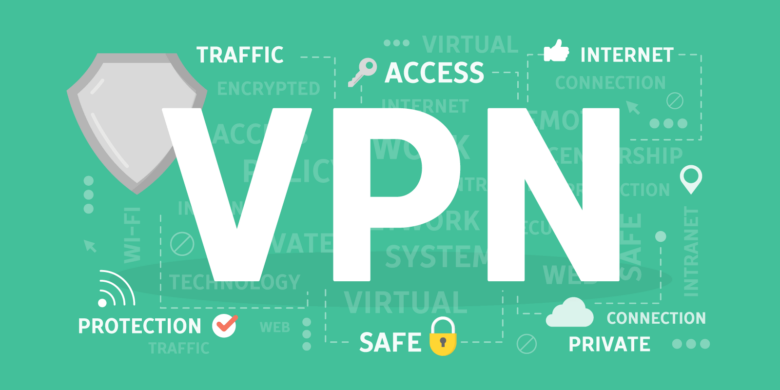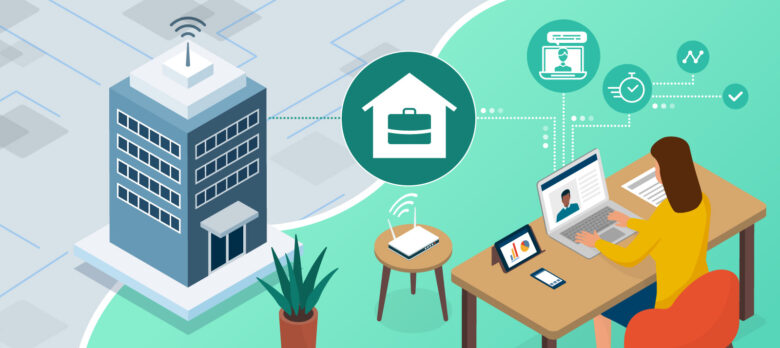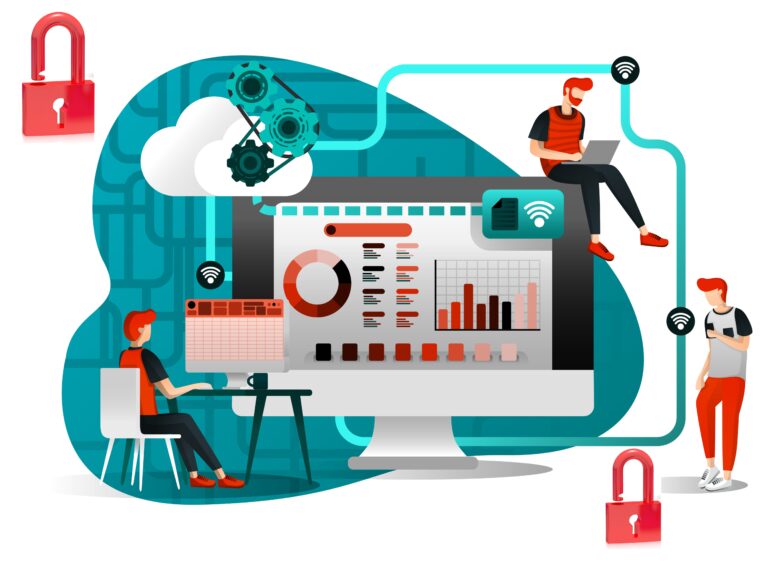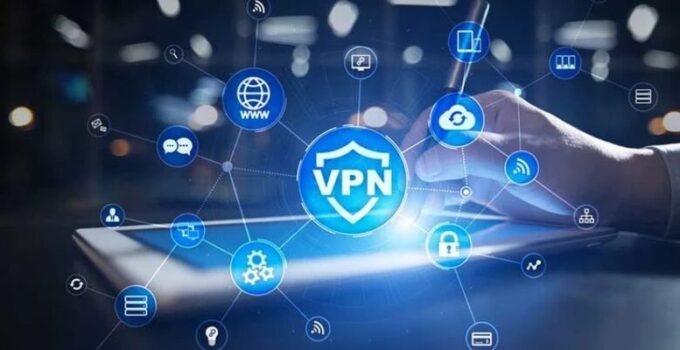New Zealand was one of the countries that best coped with the pandemic and can now lead a life with far fewer restrictions than the rest of the world. Today we will tell you why VPNs played a crucial role in saving lives from the coronavirus.
Before we go any further, a brief introduction to what a VPN is.
What is a VPN?

Source: vpnoverview.com
A VPN or Virtual Private Network is a computer tool that gives us the ability to make the Internet believe that we are somewhere else, which is achieved by disguising our IP address.
I am writing this from New Zealand, and my IP address reveals that I am indeed in New Zealand.
By using a VPN, I could change my IP to, let’s say, the United States, and make the entire Internet believe that I am there.
This practice is not only limited to countries, you can make the Internet believe that you are in your office, for example.
Since the start of the Covid-19 pandemic, millions of people were asked to work remotely. To safely accomplish this, they often used a VPN service. (Source)
Practical uses of a VPN

Source: vernoncom.coop
Now that you know how VPNs work, it’s time to explain what to use them for.
Security
A VPN encrypts your connection, making you immune to theft or hacking. As far as theft is involved, we recommend this article we recently published about physical, not just digital, prevention and monitoring.
View restricted content
On the Internet there is a lot of exclusive content for a certain region or country, with a VPN you can see it no matter where you are.
Teleworking
We arrived at the interesting part of the post, the part where we talk about teleworking and its relationship with VPNs.
As you may know, the current pandemic situation forced countries to take extreme care to avoid the increase of circulating cases. New Zealand was not the exception, in fact, quite the contrary. This country was one of the best at dealing with the situation.
One of the reasons why New Zealand overcame the pandemic with excellent results was the promotion of teleworking by its government.
So… what is the relationship between teleworking and VPNs?

Source: omniride.com
If you’re teleworking, you’re not in the office, so you don’t have access to the computer or exclusive office services and networks.
That’s where the already famous VPNs come in, giving workers the ability to access the office’s computers or corporate networks from the comfort of their home couch.
It should be noted that VPNs are not difficult to install, anyone can do it without computer knowledge.
The only action you need to take to access a VPN is to install a software and run it, two very simple actions.
Environmental benefits of teleworking

Source: firewalls.com
An important point that we would like to highlight.
New Zealand is one of the countries most determined to stop climate change.
As the Stuff portal points out, teleworking can reduce CO2 emissions by up to 50% because people don’t have to commute to the office.
When we work from home, we benefit the planet by heating only the rooms we use.
Disadvantages of VPNs in the corporate world

Source: federaltimes.com
Unfortunately, in this world no service is problem-free, VPNs are no exception to the rule.
In some cases, the IT department of companies hires a VPN that slows down the internet connection, worsening the much sought-after productivity.
VPNs play a fundamental role in global information security, providing the possibility for people to work remotely, a crucial practice to end the threat of climate change.
For all of these reasons, VPNs have expanded their use in New Zealand in recent times.




